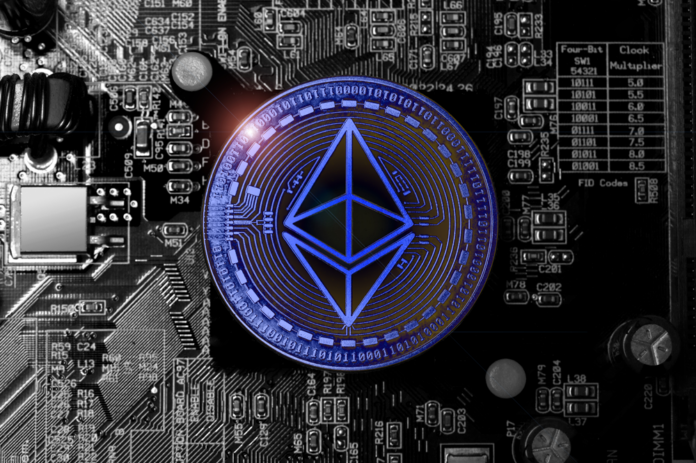The founder of Ethereum, Vitalik Buterin, one of the most famous cryptocurrencies with the largest market cap in the market, has sparked controversy by suggesting an increase to the network’s gas limit. With the increase of the limit would also see an improvement in the scalability of the network according to the founder. Ethereum’s creator has always been a driving force behind changes within the network.
His latest debate in the Ethereum community about the proposal made by the co-founder has sparked an intense exchange of opinions from key people in the Ethereum network. The proposal seeks to increase the gas limit to expand and improve the network’s performance. However, this initiative has generated different opinions, with some participants expressing concern about the economic and technical implications.
What is increasing the gas limit?
The gas limit in Ethereum refers to the maximum amount of computational effort (measured in gas) that can be used in processing smart contracts or transactions in each block of the chain. Gas is the unit used to measure the computational cost of operations executed on the network. Setting a limit is essential to ensure that blocks are manageable, as they could cause problems with both network synchronisation and operation.
In conclusion, the gas limit regulates complexity and reduces the cost of operations performed on the Ethereum network in a specific block. In addition, increasing the Ethereum gas limit is a relatively simple change that does not require a major update to the network’s core code. Instead, validators can implement the change by simply adjusting specific parameters in their node software.
Proposal opens the way for further discussion
For his part, Marius van der Wijden, an Ethereum developer, analysed the potential difficulties that increasing the Ethereum gas limit would bring through a blog post in which he carefully examined the benefits and risks of this proposal.
Der Wijden opposed implementing the measure, arguing that it could make the blockchain larger and slower. However, the developer did not close the door entirely, as he recommended waiting for the consequences of the upcoming EIP-4844 before making any changes.
Dankrad Feist, Ethereum’s lead developer, took a cautious approach to gas switching. He proposed that call data and blocks per block should be the target, in addition to the general gas limit. However, others in the community agreed with the measure.
Scalability will always be a challenge
The Ethereum scalability proposal has significant technical and economic implications, challenges, and opportunities for key players in the network. The debate surrounding this proposal reflects the complexity of addressing scalability challenges in a constantly changing ecosystem. It is important to balance innovation with Ethereum’s stability and long-term efficiency.



